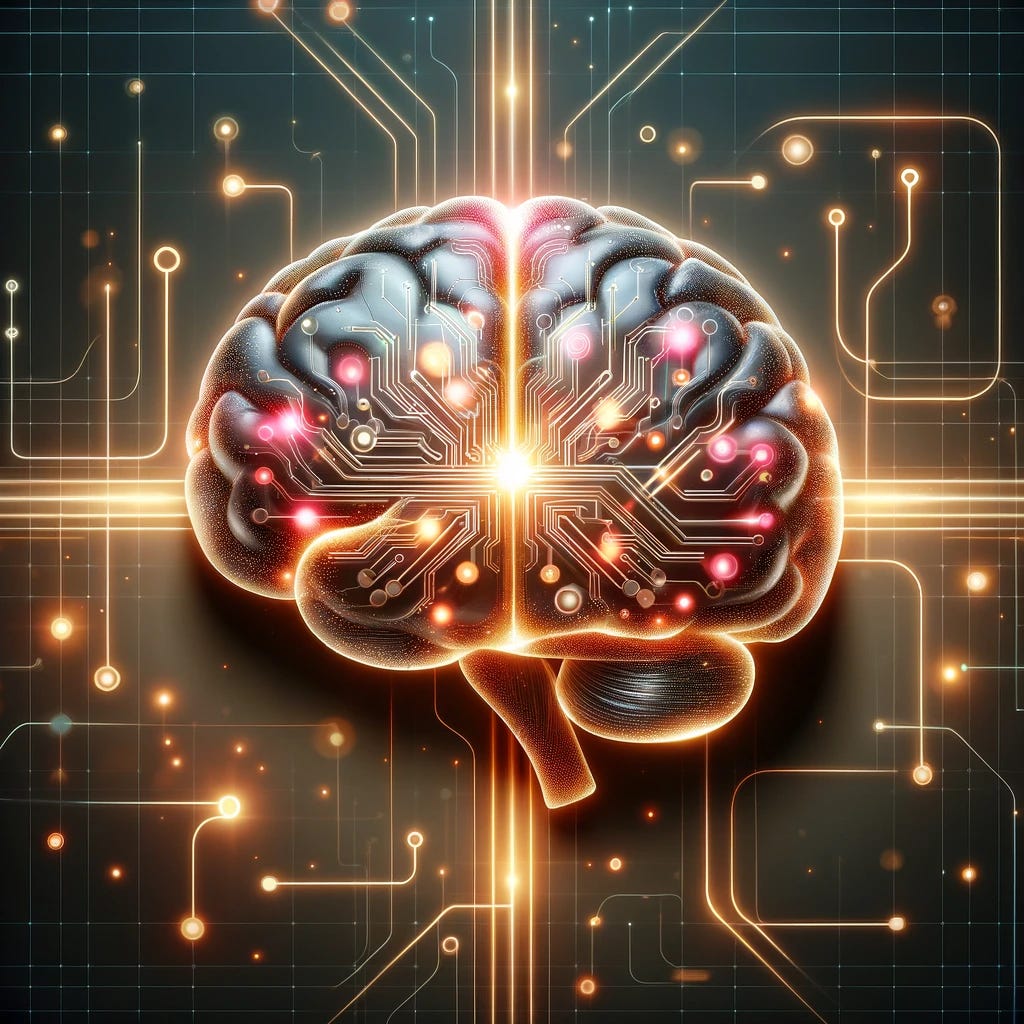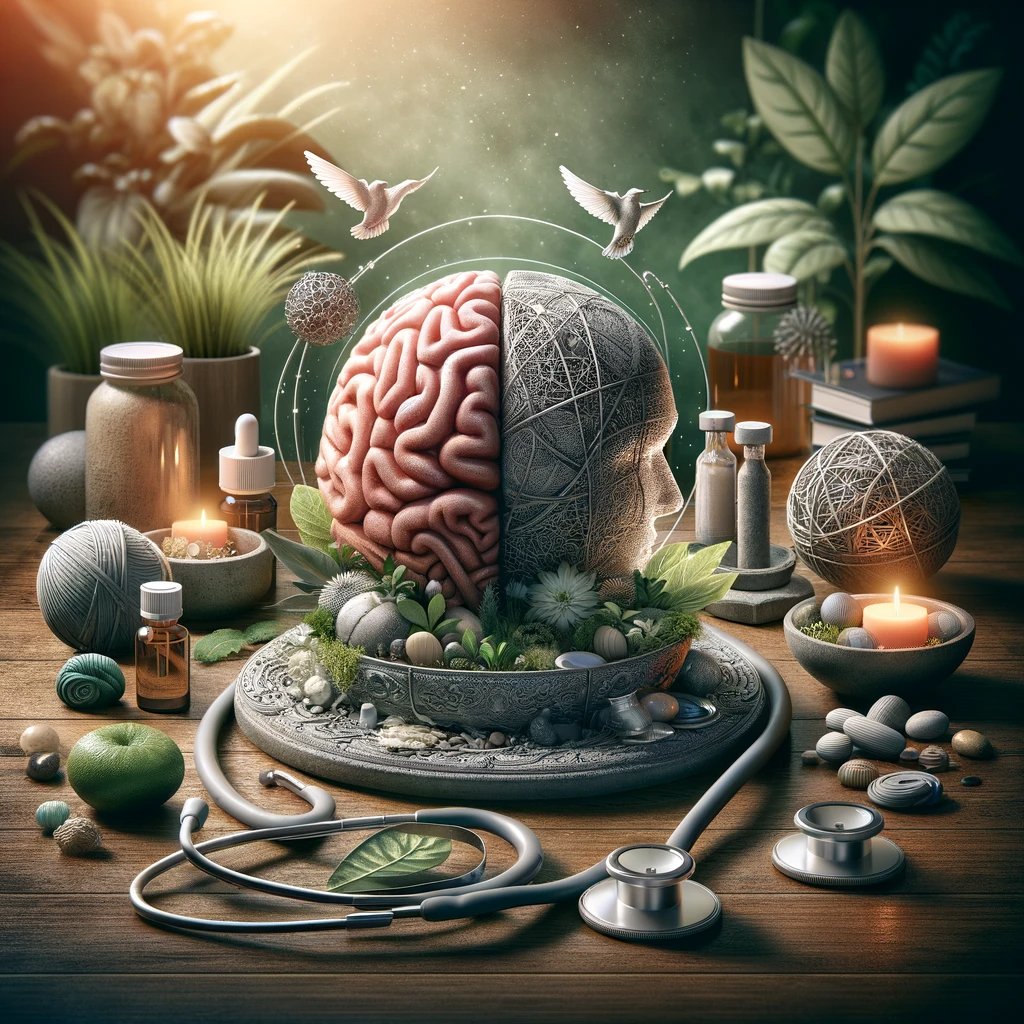The Transformative Power of Integrative Medicine on Mental Health
The Transformative Power of Integrative Medicine on Mental Health
As a practicing psychologist deeply entrenched in the world of mental health care, I’ve witnessed firsthand the transformative effects of integrated medicine on my clients. The journey towards healing is not a one-size-fits-all path, and incorporating elements of integrated medicine has proven to be a game-changer for many individuals struggling with their mental health.

A Personal Journey into Integrated Health Solutions
My venture into integrated medicine wasn’t accidental. After years of observing clients cycle through traditional treatments with limited success, I sought a more holistic approach. The realization hit me during a session with a client who, despite rigorous psychotherapy and medication, found little relief from her depression. It was a turning point that steered my practice towards integrated medicine — a combination of conventional and alternative therapies designed to treat the person as a whole. This holistic view considers physical, emotional, environmental, and spiritual well-being as interconnected facets of health, offering a more comprehensive approach to mental wellness.
Integrating techniques such as mindfulness, yoga, and nutritional counseling into treatment plans has opened new avenues for healing. I’ve seen clients who felt stuck in their recovery journey make significant strides by incorporating these practices. One particular client, who had battled anxiety for years, experienced a remarkable improvement in her symptoms after we integrated mindfulness-based stress reduction (MBSR) and dietary changes into her therapy. It was a clear testament to the power of looking beyond traditional modalities and embracing a more holistic approach to mental health care.
The Science Behind the Success
The efficacy of integrated medicine in mental health care isn’t just anecdotal; it’s backed by science. Studies have shown that approaches like mindfulness meditation can significantly reduce symptoms of anxiety and depression, providing a valuable complement to traditional psychotherapy and medication. Similarly, nutritional psychiatry has emerged as a promising area of research, highlighting the impact of diet on mental health. By addressing nutritional deficiencies and promoting a healthier diet, we can influence the brain’s structure and function, thereby improving mental health outcomes.

Incorporating integrated medicine into my practice has not only enhanced my clients’ well-being but has also broadened my understanding of mental health. It’s a reminder that healing is multifaceted, and addressing the mind-body connection can lead to more sustainable recovery. This holistic approach has allowed me to solve problems more effectively, offering solutions that consider the entire spectrum of an individual’s health.
Leveraging Expertise for Greater Impact
Realizing the potential of integrated medicine in mental health care, I’ve made it a mission to share these insights with a broader audience. Collaborating with other health care professionals, including nutritionists, yoga instructors, and acupuncturists, has enriched my practice and allowed me to offer a more comprehensive treatment plan to my clients. This collaborative effort underscores the importance of leveraging expertise beyond my own to enhance the healing journey of those I work with.
Through workshops, seminars, and collaborative sessions, I’ve been able to advocate for a more integrated approach to mental health care. Sharing success stories and the science behind integrated medicine has not only educated my clients but also sparked interest among fellow mental health professionals. It’s a testament to the value of looking outside traditional frameworks and embracing a more inclusive approach to health and wellness.
A Path Forward
The journey into integrated medicine has been both enlightening and rewarding. It’s challenged me to think creatively about solutions and to advocate for a more holistic approach to mental health care. As we move forward, the integration of conventional and alternative therapies will undoubtedly play a crucial role in shaping the future of mental health treatment. By embracing the full spectrum of healing modalities, we can offer more personalized and effective care, ultimately leading to better mental health outcomes for those we serve.
The transformative power of integrated medicine on mental health is undeniable. It offers a more nuanced understanding of wellness, encouraging us to consider the myriad factors that contribute to mental health. As a psychologist committed to providing the best possible care, integrating these practices into my work has not only enhanced my clients’ well-being but has also profoundly enriched my own professional journey. The path towards holistic health is a collaborative one, and by embracing integrated medicine, we can unlock new possibilities for healing and recovery.
Dr. Jerry D. Smith Jr. is a clinical psychologist and empathic expert specializing in human empowerment and leadership.
More from Dr. Jerry Don Smith Jr. and Integrative Wellness Journal (IWJ)






